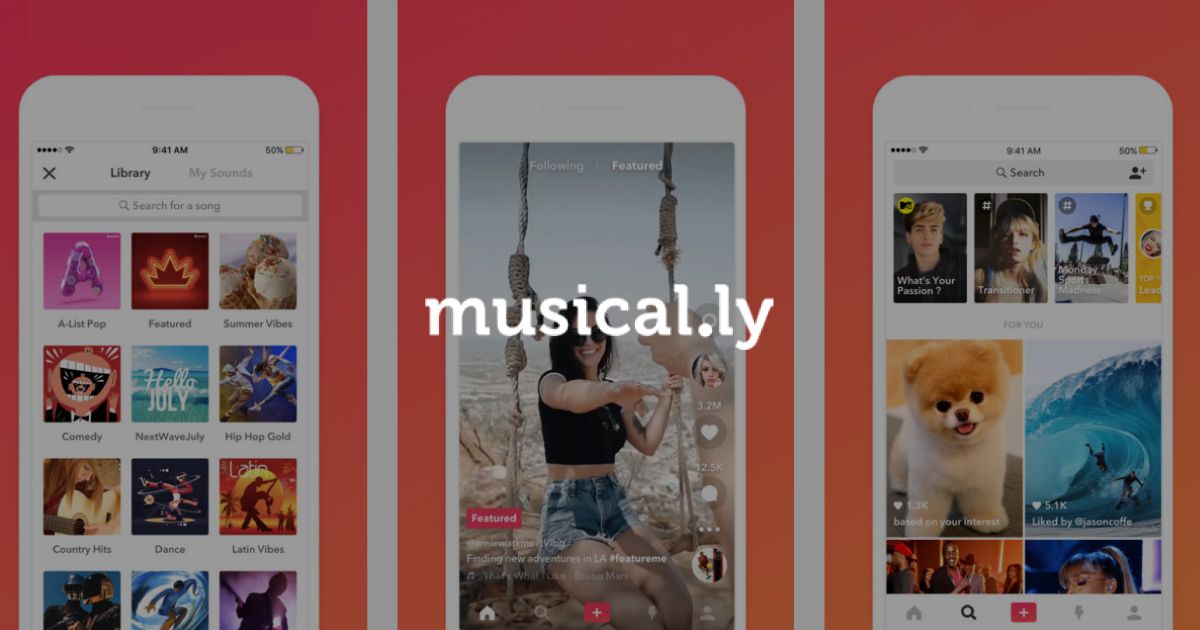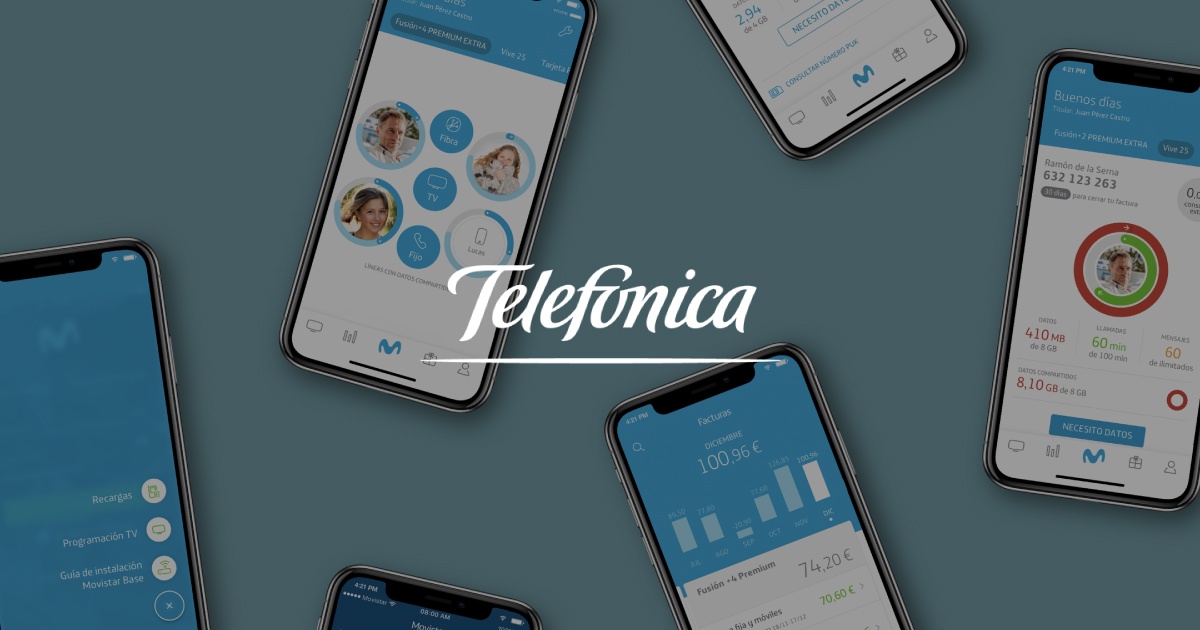
How to level-up their cohort data and achieve 10x growth

Background
In the competitive market of ad driven mobile games, making data driven decisions is essential. And, for Tripledot Studios CMO, Mark Beck, that means drawing as much value from their data as possible.
Tripledot Studios was founded in 2017 by a team of talented tech veterans. They set out with an ambition to create a different kind of games studio, a studio driven by analytics. They’ve built their reputation on taking well established games concepts and making them better. That means creating the best possible experience for their players. That approach has seen games like Solitaire, Blackjack and Woodoku establish themselves as firm fan favorites.
“Everything we do, every product decision, every marketing decision, every hiring decision, we try to be as analytical as possible. We believe if we can just be a bit better at everything by using data, then we’ll be able to build a really successful business.”
Challenge
One of the key challenges to growing a successful games studio is operating in a very competitive market.
To be competitive, Mark and his team make hundreds of small decisions every day on UA, monetization, and product, all of which is powered by data. This places even more pressure on the fact that the data they use day-to-day is accurate, timely and available on a granular level.
“If the data that you have is off by 10% or 20%, that could be meaningful amounts of money, particularly in an ad driven game.”
Mark and his team knew that having absolute trust in their data would give them the confidence to make smarter decisions.
Solution
Being analytically driven, Tripledot wanted to go much deeper with their data, particularly their Cohort data.
The Cohort reporting API gives Mark a programmatic way to draw Cohort data from AppsFlyer. Once the data is in their own BI system Mark and his team have the ultimate flexibility to visualize the data in any way they like. This gives them the ability to slice and dice their data and build custom reports and dashboards.
“It seems straightforward but we were struggling to easily access our install, cost and event data at a granular enough level (e.g Source, Country, Site ID and Campaign) and visualize in the way we wanted to. Using the cohort API is a simple way to analyze our attribution data and help operationally with our user acquisition.”
Mark and his team wanted to go beyond the standard measures and dimensions available within their AppsFlyer dashboard. Custom Measures gives Tripledot the ability to perform calculations on their trusted data while Custom Dimensions helps them get really specific with their Cohort groupings.
For example, instead of being tied to Standard Measures such as ‘Installs’, ‘CPI’ and ‘ROI’ Tripledot can create something far more insightful. In one instance they created a Cost Per Cumulative Event measure which combined two distinct events over a distinct period of time.
And, when it comes to Custom Dimensions Mark’s team can move beyond ‘Country’, ‘Site ID’ and ‘Source’. Now they have the ability to create any grouping. They’ve created Custom Dimensions like ‘Tier 1 Countries’ and ‘Hypercasual Sites’ which have much more value for them.
Results
“Custom Measures & Dimensions give us so much flexibility. And, because Appsflyer has improved the accuracy and granularity of cost data, we can rely on cost data down to a specific country, source, campaign & site ID. This is incredibly helpful for UA optimizations.”
As with any Beta project, collaboration was the key to success.
Tripledot worked closely with the Product Team at AppsFlyer to provide insightful feedback on existing features, as well as making requests for additional functionality.
“The team’s been amazing. Not only are our requests being listened to, but they’ve been worked on immediately. We’ve already seen some of our feedback being built into the API and into the dashboard that they’ve produced, which has been really amazing.”
In 2019 Tripledot Studios enjoyed a remarkable 10x growth rate.
Much of that success has been built on their ability to make smarter, data led decisions in real-time.
They’ll continue to develop new games that breathe fresh life into established gaming concepts, giving their gamers the experience they’ve come to expect. And, they’ll continue to innovate by building new technology that automates more of their marketing activity.
 Looking for an MMP? Get your free assessment template today
Looking for an MMP? Get your free assessment template today


